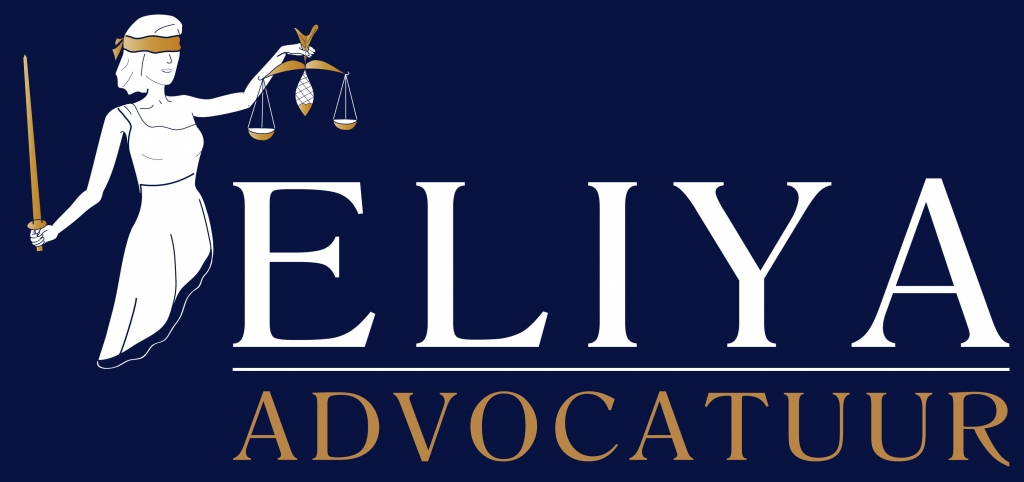A commercial contract is a legally binding agreement between two or more parties who are engaging in a commercial transaction. It outlines the terms and conditions of the transaction, including what goods or services are being exchanged, the price, payment terms, delivery, warranties, and other important details.
Commercial contracts are a crucial component of business. They provide clarity and help parties avoid misunderstandings by clearly defining their obligations and expectations. They also serve to protect the interests of all parties involved by providing legal recourse in case of disputes.
The parties involved in a commercial contract can be individuals, companies, or other entities. The contract can cover a wide range of transactions, including the sale of goods, provision of services, purchase of supplies, licensing arrangements, and joint ventures.
One of the key elements of a commercial contract is the consideration. This refers to what each party is giving in exchange for what they are receiving. Typically, consideration takes the form of money, goods, or services.
Other important elements of a commercial contract include the duration of the agreement, termination clauses, and dispute resolution provisions. The duration of the agreement refers to how long the contract will be in effect. Termination clauses specify under what circumstances the contract can be ended, such as for breach of contract or by mutual agreement. Dispute resolution provisions outline the process for resolving any disputes that may arise between the parties.
In conclusion, a commercial contract is a legally binding agreement that outlines the terms and conditions of a commercial transaction. It is a crucial component of business, serving to provide clarity, protect the interests of parties, and prevent misunderstandings. Understanding the basic elements of a commercial contract, such as consideration, duration, termination, and dispute resolution, is essential for any business owner or professional.












